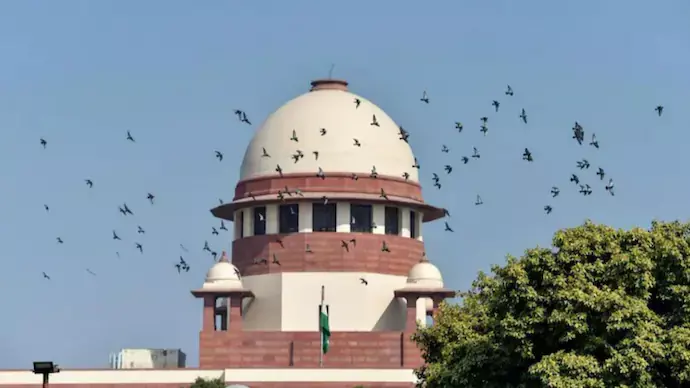
Scolding a student not enough to prove abetment to suicide: SC
text_fieldsNew Delhi: The Supreme Court has discharged a man accused of driving a student to suicide by scolding him. The accused, responsible for a school and hostel, had reprimanded the deceased following a complaint from another student. Subsequently, the student took his own life by hanging himself in a room.
A bench comprising Justices Ahsanuddin Amanullah and Prashant Kumar Mishra ruled that no reasonable person could have foreseen that a scolding would lead to such a tragic outcome. The apex court set aside the Madras High Court’s order, which had denied the accused’s discharge from charges of abetment to suicide under Section 306 of the Indian Penal Code.
“Having considered the matter in its entirety, we find it a fit case for interference. As rightly submitted by the appellant, no normal person could have imagined that a scolding, especially one based on a complaint by another student, would result in such a tragedy by causing the student to take his own life,” the bench observed.
The court added that the scolding was necessary to address the complaint against the deceased and to implement remedial measures. “In our considered opinion, under the admitted facts, no mens rea (knowledge of wrongdoing) can be attributed to the appellant, much less with regard to abetment of suicide by the deceased,” the bench stated.
The accused, through his lawyer, argued that his response was justified and amounted only to a reprimand, acting as a guardian to ensure the student did not repeat the offence and to maintain peace and order in the hostel. He also maintained that there was no personal animosity between him and the deceased.
With PTI inputs























